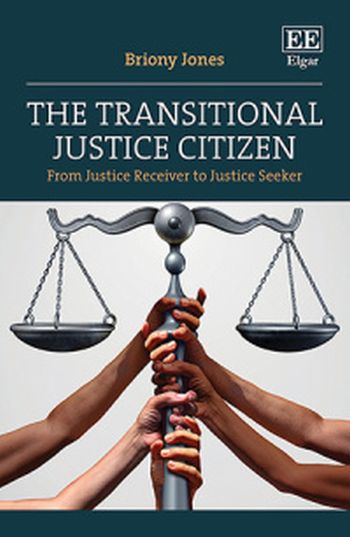
Building a thorough and comprehensive understanding of the limits of transitional justice theory, this innovative book proposes a new concept of the transitional justice citizen.
Throughout the book, Briony Jones addresses contemporary criticism of transitional justice theory and practice in order to improve our understanding of the agency of people at times of transition. Drawing on three diverse case studies from across the globe, chapters demonstrate how the transitional justice citizen is defined by transitional justice discourse, policy and practice, and through acts of claiming justice such as protests and political violence. Combining in-depth theorization with empirical insights, this perceptive book positions the concept of citizenship within the context of long-term historical political struggle and the contemporary importance of justice.
Investigating the current debates and key research gaps in the field of transitional justice, this book will be vital reading for students and scholars of transitional justice, including those focusing on peacebuilding, citizenship, democratization, and political geography. It will also be beneficial for transitional justice practitioners who wish to reflect on their practice and compare their work with other case studies.